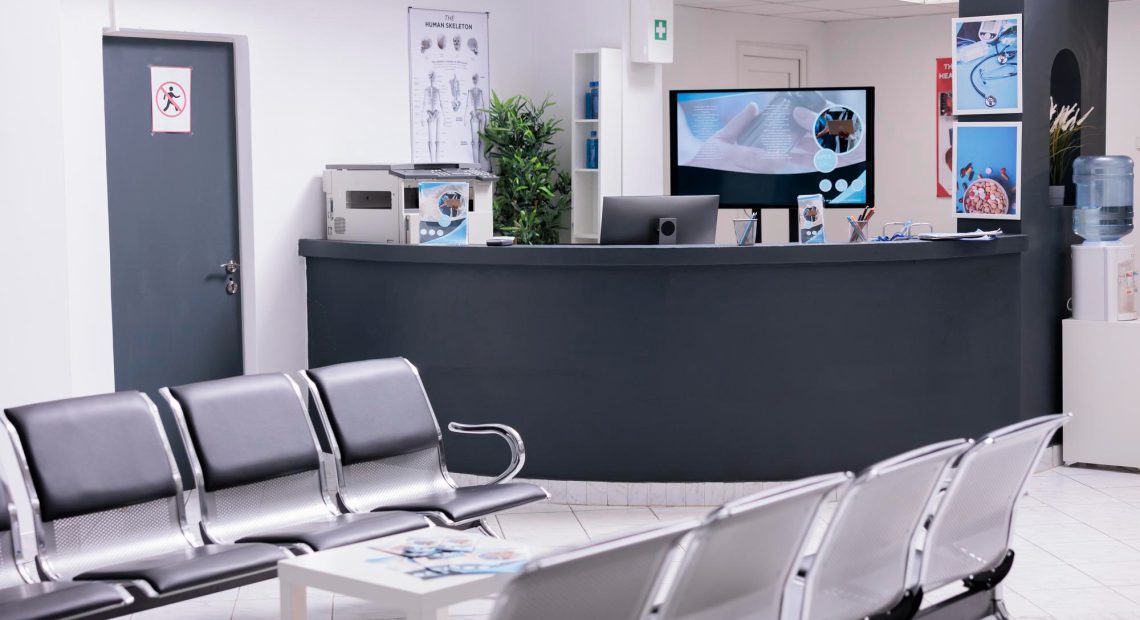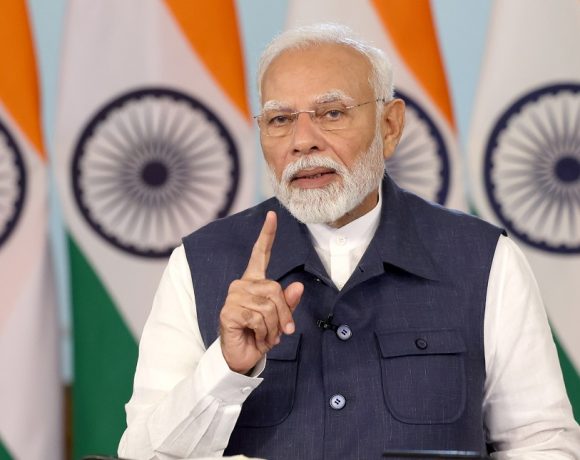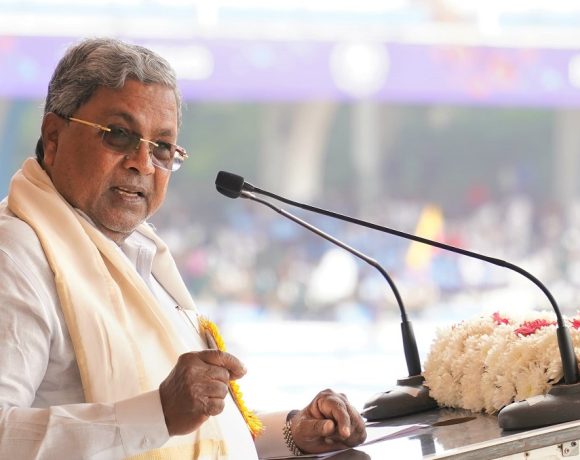
Central Government Issues Guidelines to Manage GBS Outbreak in Maharashtra
In response to the recent surge in Guillain-Barre Syndrome (GBS) cases in Maharashtra, particularly in Pune district, the Union Ministry of Health and Family Welfare has issued detailed guidelines to enhance patient care and control the outbreak. Since January 2025, the state has reported over 170 GBS cases, with 132 confirmed and five suspected fatalities.
Early Detection and Warning Signs
The guidelines emphasize the importance of early detection by identifying specific warning signs. Healthcare professionals are advised to monitor patients for:
- Active fever at onset
- Early and persistent bladder involvement
- Sensory levels indicating spinal cord involvement
- Elevated white blood cell count in cerebrospinal fluid
- Noticeable and persistent asymmetry of weakness
- Hyperreflexia or clonus
- Respiratory involvement with mild limb weakness at onset
These indicators are crucial for timely diagnosis and intervention.
Sample Collection Protocols
To confirm GBS cases, hospitals are now required to collect and send the following samples:
- Blood (5 ml)
- Stool (2 grams)
- Urine (5 ml)
- Cerebrospinal fluid (if possible, 2 ml)
- Throat swab (if the patient exhibits respiratory symptoms)
- Water samples (2 liters in sterile bottles)
This comprehensive sample collection aims to facilitate accurate diagnosis and understand potential sources of infection.
Rehabilitation and Post-Discharge Care
The guidelines also highlight the necessity of a structured rehabilitation plan for patients post-discharge. This includes physiotherapy to rebuild muscle strength and psychological support to help patients cope with anxiety or depression resulting from their prolonged recovery.
Dr. Radhakishan Pawar, Deputy Director of Health Services and head of the Rapid Response Team managing the GBS situation, stated that the guidelines are comprehensive and focus on patient management. He mentioned that these guidelines will be distributed to all local bodies across the state to ensure uniform implementation.
Dr. Nina Borade, Health Chief of Pune Municipal Corporation, noted that most of the treatment protocols are already being followed. She emphasized that sharing these guidelines with treating doctors and private practitioners will enhance patient management and care. Additionally, preventive measures and Information, Education, and Communication (IEC) activities are being conducted extensively in affected areas to prevent new cases.
The central government’s proactive approach, in collaboration with state health authorities, aims to control the GBS outbreak through early detection, standardized patient management, and comprehensive rehabilitation plans. Public health officials continue to monitor the situation closely to implement necessary interventions promptly.


















